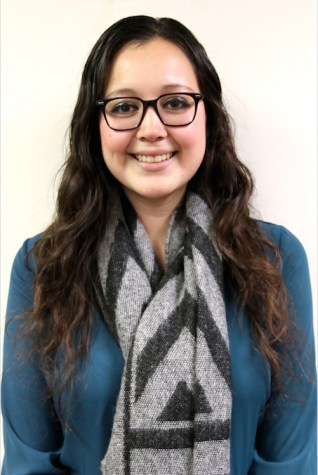Automatic Data Processing (ADP), Inc., a Fortune 500 company with offices in El Paso, has pledged an additional $600,000 over the next three years to The University of Texas at El Paso’s Math and Science Teachers (MaST) Academy.
ADP has been supporting the MaST Academy since the program was created in 2006. This latest pledge marks a total of $2 million in contributions toward enhancing the quantity and quality of future high school math and science teachers who graduate from the University to serve the El Paso region.
“We are deeply grateful to Automatic Data Processing, Inc. for its generous commitment to UTEP,” President Diana Natalicio said. “ADP’s support of the MaST Academy has enabled more than 70 math and science undergraduates to work with mentor teachers and participate in professional development training before starting their first teaching jobs in our local high schools. This latest gift is a strong validation of the success of the MaST Academy’s work, and we thank ADP for their sustained confidence in UTEP, our students and their bright future.”
“ADP’s support of the MaST Academy has impacted not only the scholars who have graduated, but also the thousands of high school students they have taught and will teach,” said Ellen Esposito, MaST program director. “The MaST Academy, the College of Science, UTEP and the El Paso community are fortunate to have a supporter and partner like ADP.”
Undergraduate math or science majors who are accepted into the MaST Academy receive a $10,000 scholarship and weekly field experience with a MaST mentor teacher in the El Paso region. They also participate in monthly professional development seminars with subjects ranging from addressing issues of adolescent students to lesson plan development and classroom management.
In addition, MaST Scholars are given the opportunity to lead a summer outreach program for young high school students and attend national education conferences.
Teachers chosen to mentor MaST Scholars are given a $500 stipend each semester and receive professional development to support mentoring.
“Many teachers have told us that you can see a huge difference between a teacher who has gone through MaST and one who hasn’t,” said Esposito, who is also the director of secondary education in the College of Science. “The academy creates incredible leadership in future teachers and really impacts all the students at the high school they end up going to.”
Since its establishment in 2006, the program has had a total of 72 graduates and 49 mentors. In that time, there has been a 200 percent increase in the number of students studying to become math and science teachers, and annual program graduates increased to 72 from seven.
Information provided by University Communications.







